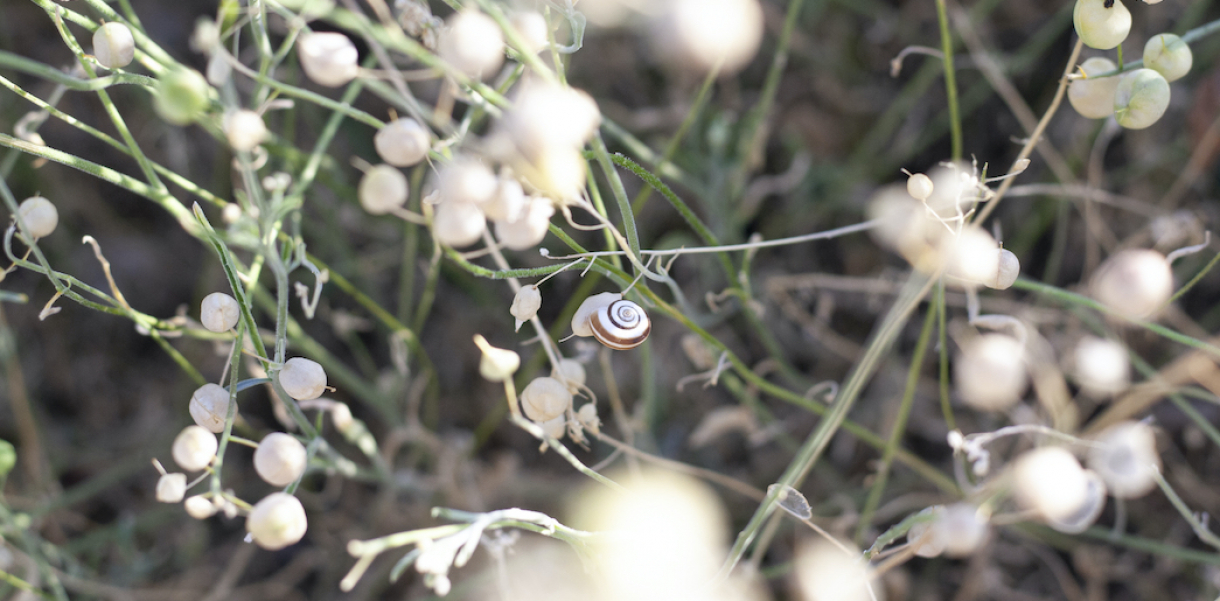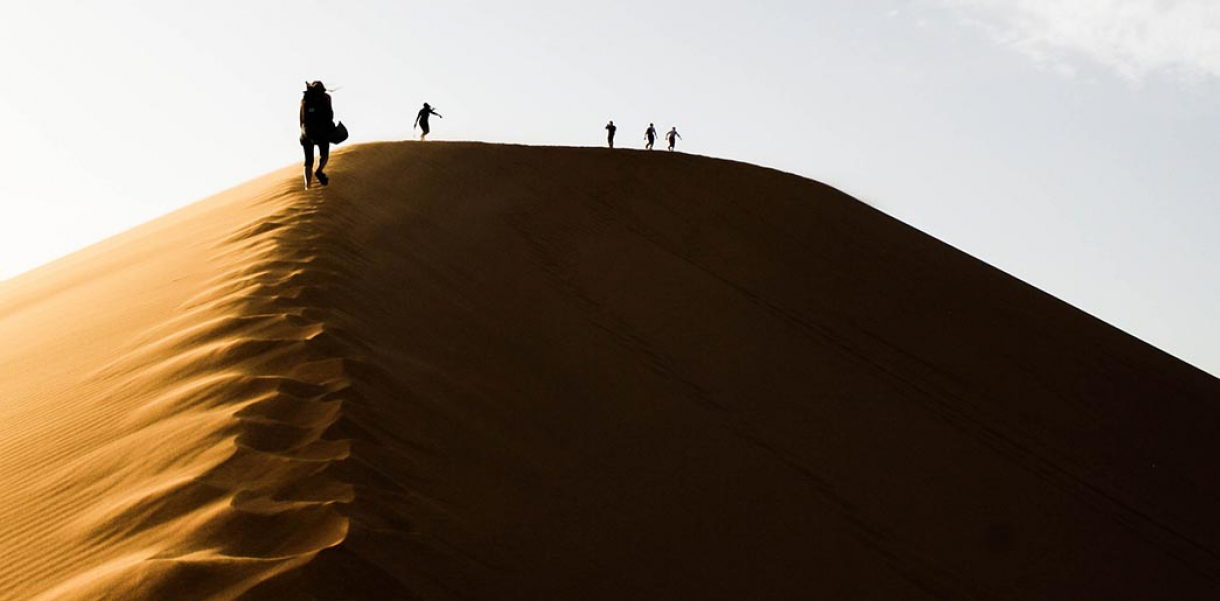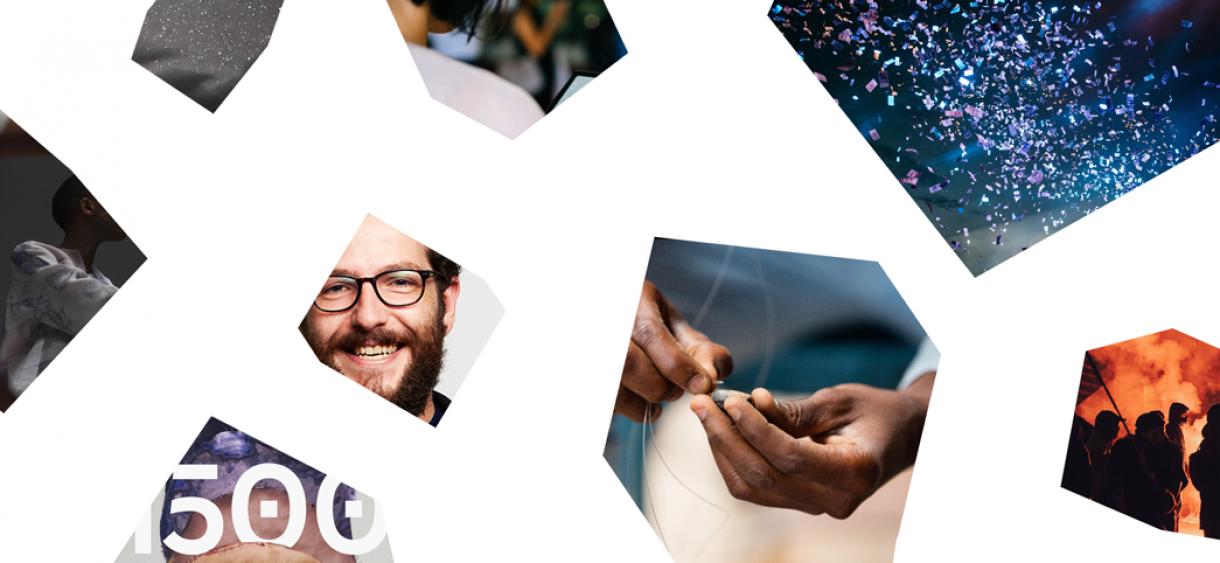Growing up as a child and teenager, I've been exposed to a lot of newnesses – before turning 18, I had already lived in two countries, five cities and attended seven schools. Living in constant change and being exposed to new environments shaped me as a person. For many years, I couldn’t name what quality these experiences awakened in me – until I realised that the word I was looking for was curiosity.
“I have no special talent. I am only passionately curious,” said Albert Einstein. So, what's the actual value of curiosity?
Curiosity not only awakens your mind to new ideas, makes you a better problem-solver, and pushes you to overcome your fears but, also makes you a more happy person in general! As Daniel Kahneman says in his book ‘Thinking Fast and Slow’, curiosity is the biggest gift a person can receive. If you're curious, your mind is characterised by constant activeness, hunger for knowledge, experiences and new perspectives. You don’t take things for granted, always question the current state of affairs and use your empathy to understand other people’s needs. When encountering a problem, you don’t stop at the surface but, dive into the depth of the matter, experimenting with different possible or even impossible solutions.
"Curiosity is the biggest gift a person can receive."
But where does curiosity come from? Is it something we're born with, or something that's fostered by the external environment? Although there's still no exact answer, there are some theories aiming to explain it. It's said that our curiosity can be awakened from within, like a hunger, but can also be stimulated by our surroundings.
Every one of us experiences the highest level of curiosity when we're infants. It's the time when we're taking our first steps towards getting to know the world – nothing is familiar to us at this point, so we're using all our available senses to understand it. Thanks to curiosity, we develop quickly, and by the end of the first year of our life, we can often recognise words spoken to us or even say some too.
In the following years, our curiosity can either stay with us or start expiring. It's an individual and natural process for each of us. But if you find yourself on the other side, and your curiosity for the world and beyond is fading, it becomes a matter of recognising the situation and taking steps to bring it back. Feed it and cultivate.
”It's said that our curiosity can be awakened from within, like a hunger, but can also be stimulated by our surroundings."
The first step is to break your routine. If your every day becomes repetitive, try to shake up your agenda. You can do so by bringing a new activity into your life, go to a new place, change your usual commute to work, or opening up to meeting new people outside of your regular social circle. Those simple activities will put you in a light state of alert, where you can start noticing more around you. Lowenstein called curiosity a drive state and compared curiosity to hunger, which means that to feed it you should expose yourself to intriguing bits of information, which will serve as a priming dose and will affect in an increase of curiosity.
While engaging in those activities, keep an open mind – when talking to a stranger, become a good listener, ask questions and hear their stories and perspectives. When engaging in a new activity, overcome the fear of the unfamiliar and become observant towards the challenge. Put yourself in a positive mindset, and instead of seeing learning as a burden, look at it as something fun and exciting and enjoy the process. And lastly, when starting something new, bring some enthusiasm, and you’ll be surprised by the effects.
Curiosity is easy to underestimate, but it has great value. It can be found within all of us; we just need to take steps to awaken it.
-
Image: Weronika Marszalek






